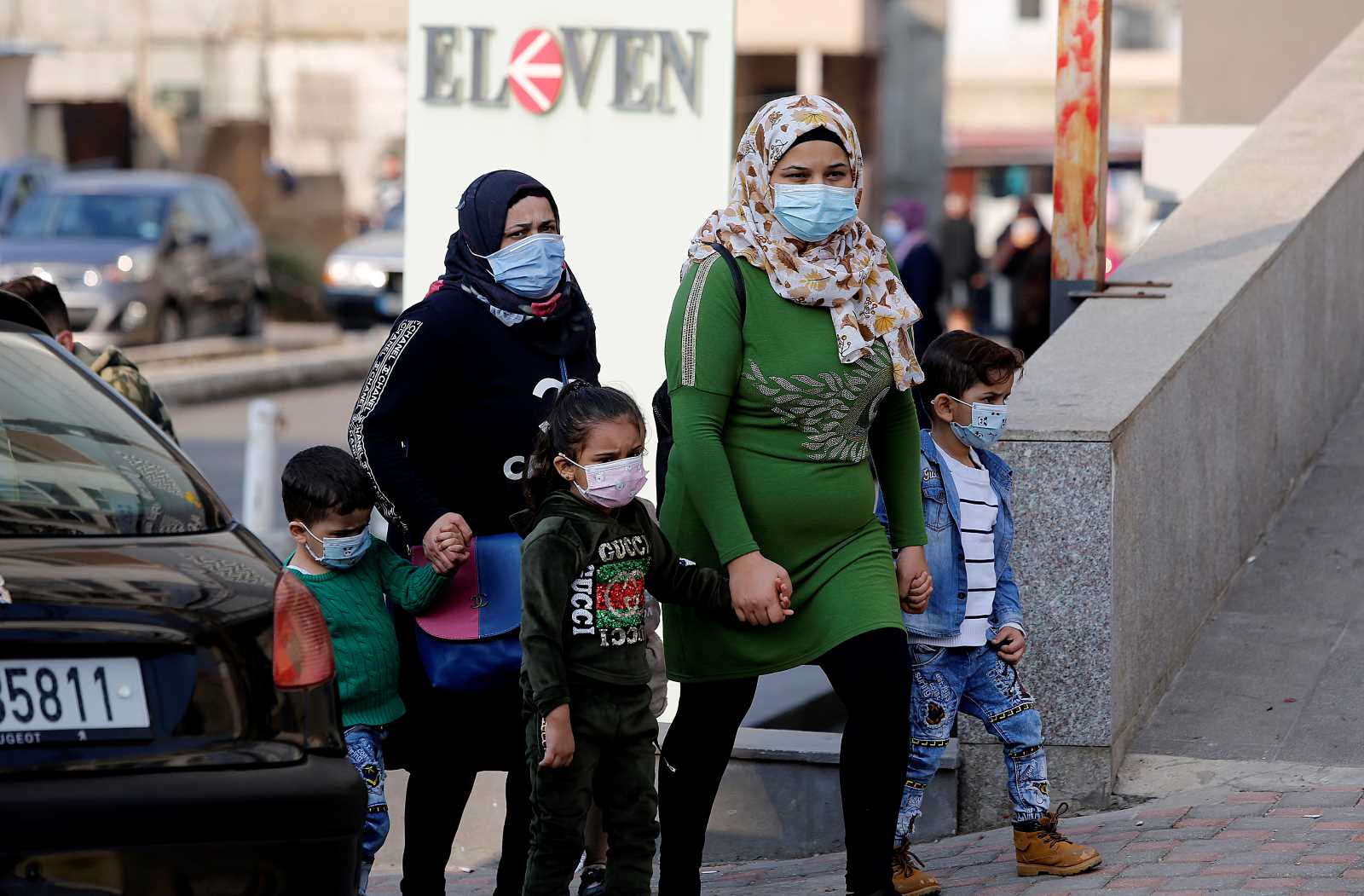Contraceptives
A global public good

Raising awareness for contraceptives is not enough. Health, education and the opportunities brought about by health and education must be on the agenda too. Ignorance, fear and inhibitions, on the other hand, do not make people use contraceptives systematically. Therefore, competent sex education for girls and boys is important. It helps people to handle their intimate desires in a responsible and fulfilling manner throughout their lives.
Humankind is not growing as fast as it used to in past decades. Some 7 billion people inhabit Earth today, but the figure is expected to peak at 10 or even
11 billion by the end of this century. The sheer magnitude is frightening. It poses huge challenges in economic, environmental and social terms. Stemming population growth is therefore a global public good.
It is a good thing that population growth has slowed down considerably in many developing countries and emerging markets. Bangladesh has become a model for success in a rather difficult setting. This South Asian nation is still very poor and marked by its people’s religious faith. Nonetheless, Bangladeshi women today have hardly more children on average than do women in much more prosperous countries. The key to success was providing health services and advice on birth control and many other issues to women at the village level.
It is worrying, however, that birth rates remain relatively high among poor population groups and in many least developed countries. Africa is affected in particular. The continent’s government agencies, civil-society organisations and faith leaders would be well advised to appreciate the example of Bangladesh and learn the lessons it offers.
In the past, various programmes to control population growth became depressing nightmares. In the 1990s, Peru’s government forced indigenous women to have their ovaries removed. China’s Communist regime has been implementing its one-child policy with harsh punishments and forced abortions for decades. It has only recently begun to loosen its approach a bit. During her emergency rule in the 1970s, India’s Prime Minister Indira Gandhi ordered masses of men to be vasectomised, even without their consent. The short term result was that she lost office in the next elections. The long term consequence, however, was that Indian politicians have shied away from raising the issue of family planning again.
The darkest aspect of family planning today is probably female foeticide and female infanticide in Asia, especially China and India. The underlying reason is that parents want sons because sons mean social security in old age. Their depressing choice may look rational at the personal level, but it results in a collective catastrophe. One consequence of the lack of women, for instance, is international bride trafficking. The truth is that the common good is not necessarily taken care of well when everybody takes their individual fates into their own hands. Collective interests must be taken into account too. Equal rights for women and girls are indispensible.













